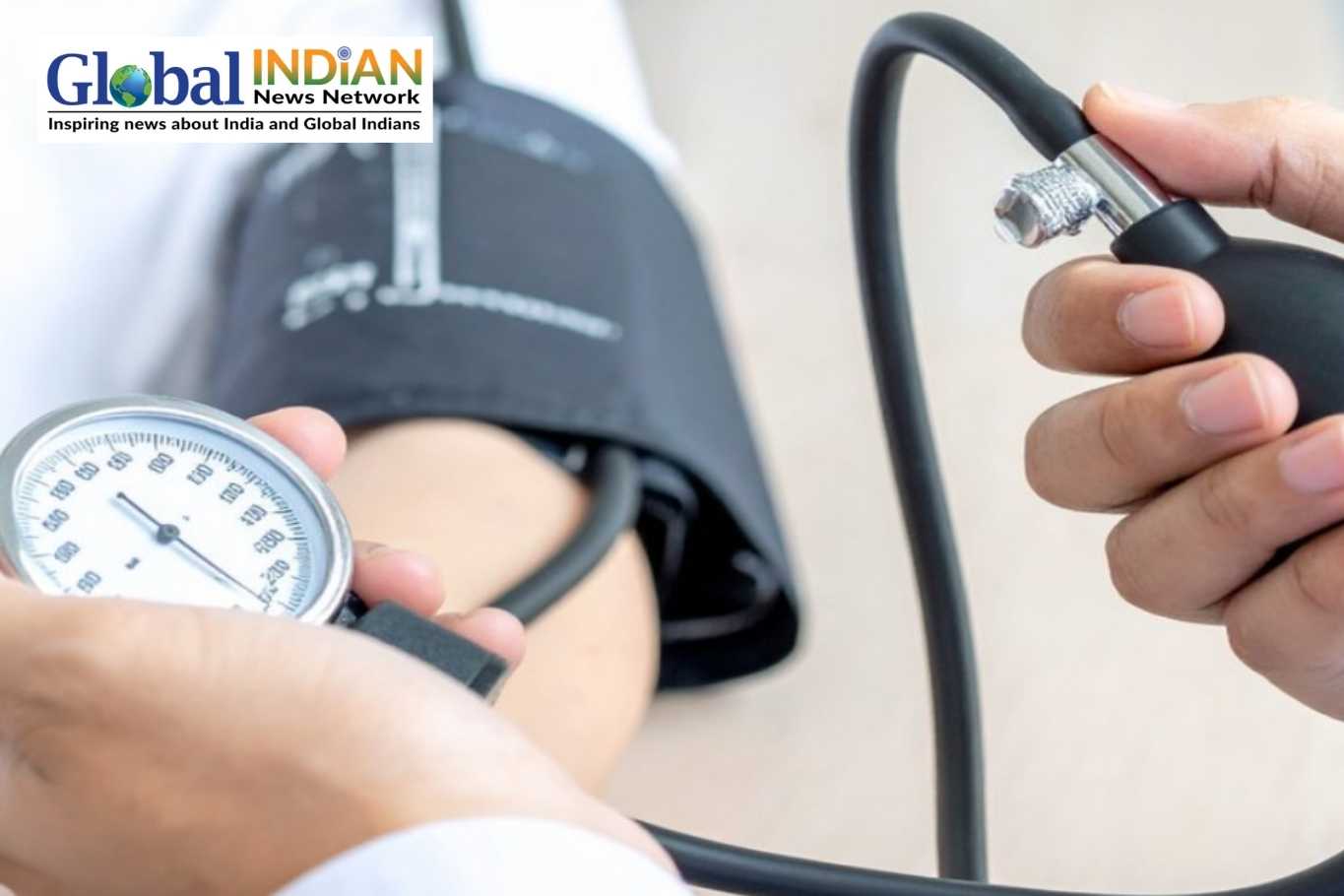
Extensive research has demonstrated that extended periods of sitting can negatively impact overall health, particularly cardiovascular well-being. Earlier studies suggested that standing for extended intervals might mitigate some adverse effects associated with prolonged sitting. However, a recent investigation conducted by researchers at the University of Sydney challenges this notion. Their research suggests that extending the time spent standing does not improve heart health in the long run when compared to sitting. In fact, it may increase the risk of circulatory issues associated with standing, including deep vein thrombosis and varicose veins. Furthermore, the study revealed that sitting for over ten hours daily significantly raises the risk of both cardiovascular and orthostatic circulatory diseases.
Published in the International Journal of Epidemiology, the study analyzed data collected from approximately 83,000 adults in the U.K. Biobank uses accelerometers to monitor their daily sitting and standing habits. Researchers examined occurrences of major cardiovascular diseases, including coronary heart disease, heart failure, and stroke, along with incidences of orthostatic circulatory disorders such as orthostatic hypotension and chronic venous insufficiency.
The analysis revealed no significant association between time spent standing and cardiovascular disease risk. This outcome was not unexpected, according to Matthew Ahmadi, PhD, the lead author of the study, who emphasized that improving cardiovascular health typically necessitates engaging in physical activity alongside standing.
The research also uncovered that the risk of orthostatic circulatory diseases increased by an average of 11% for every additional 30 minutes of standing beyond two hours a day. Standing for extended periods can lead to blood pooling in the legs due to the inactivity of the muscles, potentially causing varicose veins and deep vein thrombosis. Thus, Ahmadi advises incorporating walking and other forms of movement throughout the day.
Moreover, the study highlighted that sitting for prolonged durations also escalates the risk of cardiovascular disease, with the risk increasing by 15% for each additional hour spent sitting after ten hours a day. Ahmadi reiterated the need for individuals to blend standing with regular movement to optimize heart health. He mentioned future research plans to explore the effects of taking breaks from prolonged sitting and identifying the most effective balance between standing and physical activity.
Dr. Christopher Yi, a vascular surgeon, expressed surprise at the findings, noting the lack of expected health benefits from standing. He confirmed the increased risks associated with standing for more than two hours daily and advocates for frequent movement to mitigate these risks. Yi hopes to see future studies compare stationary standing with dynamic movement to provide a more comprehensive understanding of health impacts.









